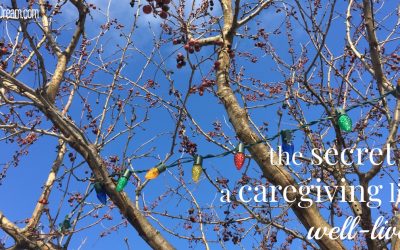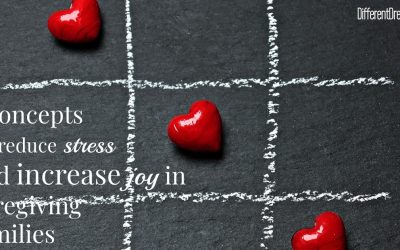What I Regret Most about Being a Mean Girl

What I regret most about being a mean girl.
Those words are both blog post title and personal confession in the wake of a conversation with an old friend at our 45th class reunion.
“Do you remember Katya Luwamala?” he asked as he sat down beside me.
“Very well,” I replied.
“Do you remember when Katya was sent home the first week of school?” my friend asked.
I shook my head. “No.”
“She wore a jumpsuit to school. No one would even notice it now, but apparently it was taboo in 1965.” He paused. “You know, the girls in our class weren’t very nice.”
I knew.
“They ostracized her from then on. She was so different with her white-blond hair, her strange clothes, and lack of social skills.”
“She picked her nose and ate her boogers, too. Looking back, I wonder if she had high functioning autism. She was so smart, she couldn’t relate to other kids. But you should know something.” I took a deep breath. “I was one of the mean girls.”
He gave me a quizzical look. “You?”
“Me.”
I told him how Katya had been placed in my mother’s third grade classroom in the small, midwestern town where we lived. I was in a different section of the same grade, enduring a difficult school year among classmates who kept their distance because I was weirdly creative, poorly coordinated, and the daughter of the strictest teacher in the building. Mom encouraged a friendship between Katya and me the summer after third grade, and we played together often. Katya was unlike any friend I’d ever had–highly imaginative, well-traveled, brilliant, and a little odd. We spent hours dressing up and acting out the adventures she narrated. I loved playing with her.
To read the rest of this post, visit Key Ministry’s blog for parents of kids with special needs.
By Jolene
Jolene Philo is a published author, speaker, wife, and mother of a son with special needs.
Subscribe for Updates from Jolene
Related Posts
Ten Moments in a Caregiving Life Well-Lived
The practice of noting ten minutes in a caregiving life can keep parents in the here and now instead of dwelling on what isn’t going well.
Ways We Hold to Hope Through the Loss and Grief of Disabilities
The ways we hold to hope when grieving mature as our children become adults. Heather Johnson shares 5 ways she’s learned to hold to hope.
Basic Love Language Concepts to Ease Stress and Increase Joy in Caregiving Families
Caregivers need easy, effective ways to stay emotionally healthy. These basic love language concepts can lead to less stress and more joy.






0 Comments